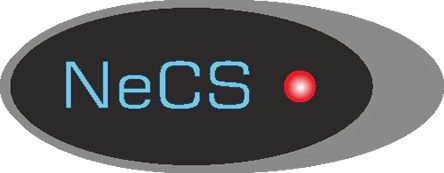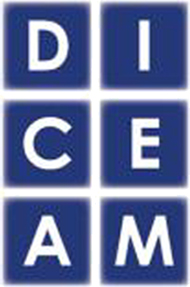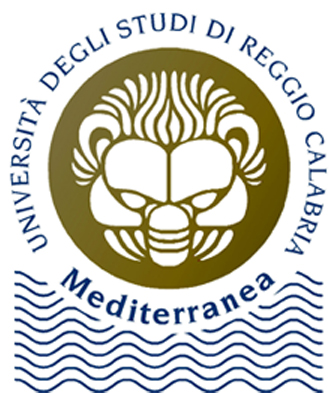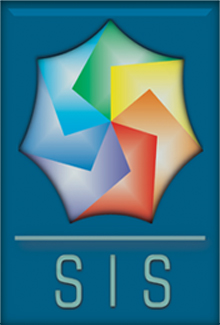Semantic Web for the Internet of Agents Special Track
Chairs:
Marianna Nicolosi-Asmundo, University of Catania.
Emilio Sanfilippo, Université de Tours, France.
Daniele Francesco Santamaria, University of Catania.
Corrado Santoro, University of Catania.
Semantic web is a vision of the World Wide Web in which information carries an explicit meaning which can be understood and automatically processed by machines. In a such scenario, data is retrieved, integrated, shared, and edited at a global level, gaining coherence and dissemination of knowledge. Exploiting automated reasoning techniques, implicit information present in data is extracted thus to enable a deeper discover of knowledge. Formal representation of the domain of the discourse is encompassed in what is widely called ontology.
In any scientific area, ontologies are a valid mean to organize data in such a way as to support integration and problem solving, to help enterprises in creating, deriving, sharing, and using knowledge more effectively and to achieve better decisions, to increase competitiveness, and to minimize errors. The research ambits of Internet of Agents (IoA) is not an exception. Many challenges in IoA-oriented systems find in ontologies a useful support. Some of them are:
- modelling issues in IoA contexts such as discovering, sensoring, communication, data collection, and interoperability.
- learning skills, evolving, and adapting existing ones in the context of the IoA.
- capabilities of agents in cooperating and acting autonomously,
- applying different modalities and levels of learning,
- representing many aspects of world knowledge and combining them,
- developing cognitive abilities that enable integration of perceptions, reasoning, learning, actions, and communication.
Topics of interest include (but are not limited to):
- knowledge representation and reasoning,
- knowledge graphs,
- ontologies engineering,
- ontology patterns,
- applications and frameworks involving ontologies,
- information retrieval, information extraction, information discovering, and artificial intelligence techniques in the semantic web context,
- machine learning and data mining methods for linked data and ontologies,
- Semantic Web and the blockchain technology, for the Internet of Agents and Internet of Things.
Submission of Papers
=====================
All
accepted papers will be included in the Symposium Proceedings, which
will be published by Springer as part of their series Studies in
Computational Intelligence.
Full
papers must be at most 12 pages long, short papers must be at most 6
pages long and poster must be at most 3 pages long and all them must be
formatted according to Springer format.
Submissions and reviews are automatically handled by EasyChair. Please submit your paper at:
Important Dates
| May 10th, 2020 | Paper submission |
| May 18th, 2020 | Notification of acceptance |
| June 5th, 2020 | Final paper submission |
| September 21st-23rd, 2020 | Symposium dates |
TPC Members
- Carmelo Fabio Longo, Univeristy of Catania.
- Marianna Nicolosi-Asmundo, University of Catania.
- Emilio Sanfilippo, Université de Tours, France.
- Daniele Francesco Santamaria, University of Catania.
- Corrado Santoro, University of Catania.
Sponsor







